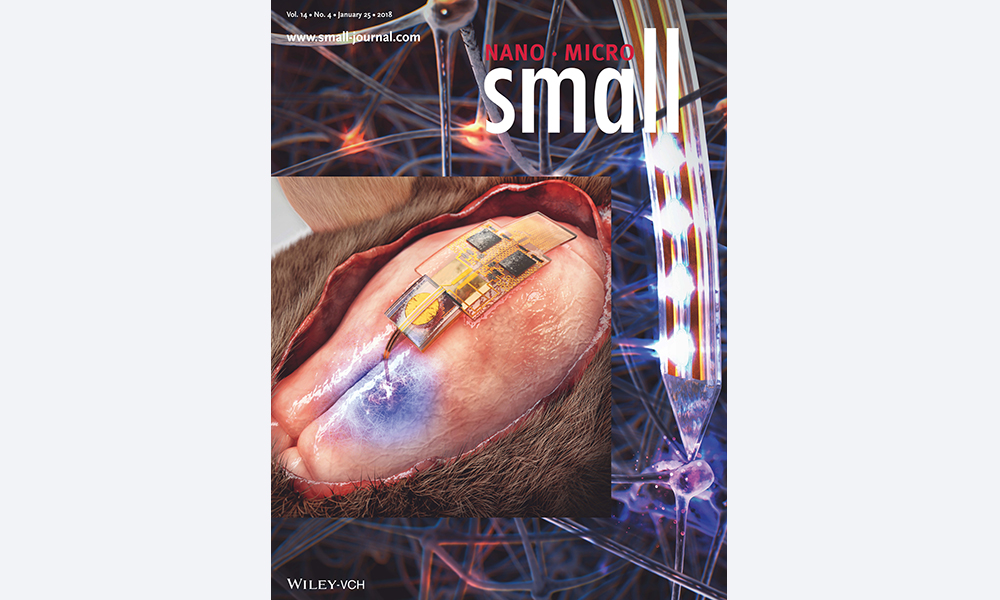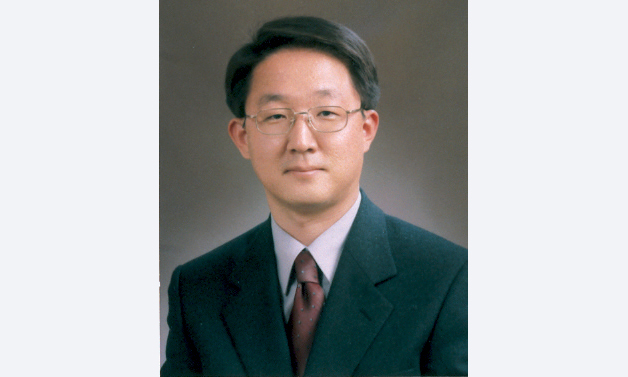Professor Dong Eui Chang of our department has published a book on deep learning titled “Deep Neural Networks in a Mathematical Framework” with Anthony L. Caterni of Oxford University. (Springer; 2018) Detailed information about the book is on below. You can download eBooks through the link https://doi.org/10.1007/978-3-319-75304-1, and bound books are available in online/offline bookstores.
Title: Deep Neural Networks in a Mathematical Framework
Authors: Anthony L. Caterini and Dong Eui Chang
Publisher: Springer; 2018
ISBN 978-3-319-75303-4
ISBN 978-3-319-75304-1 (eBook)
https://doi.org/10.1007/978-3-319-75304-1
Book cover and Front Matter: in attachment
Summary:
This book describes how to build a rigorous end-to-end mathematical framework for deep neural networks. The authors provide tools to represent and describe neural networks, casting previous results in the field in a more natural light. In particular, the authors derive gradient descent algorithms in a unified way for several neural network structures, including multilayer perceptrons, convolutional neural networks, deep autoencoders and recurrent neural networks. Furthermore, the authors developed framework is both more concise and mathematically intuitive than previous representations of neural networks.
This book is one-step towards unlocking the black box of Deep Learning. The authors believe that this framework will help catalyze further discoveries regarding the mathematical properties of neural networks. This book is accessible not only to researchers, professionals and students working and studying in the field of deep learning, but also to those outside of the neutral network community.
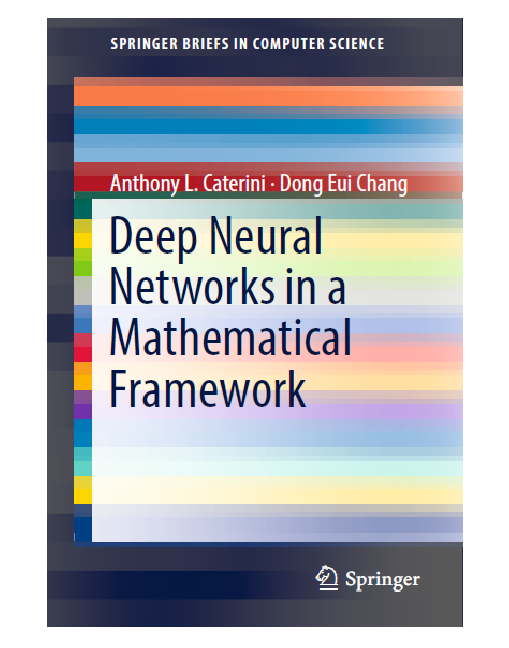
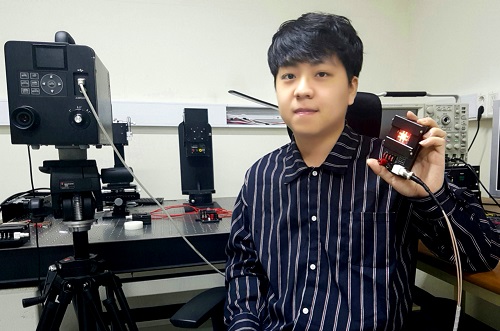
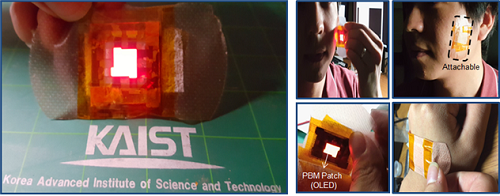
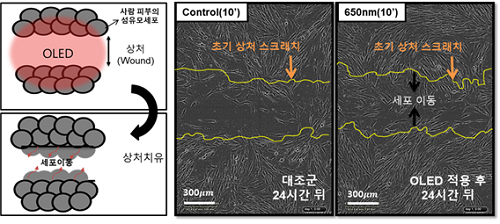
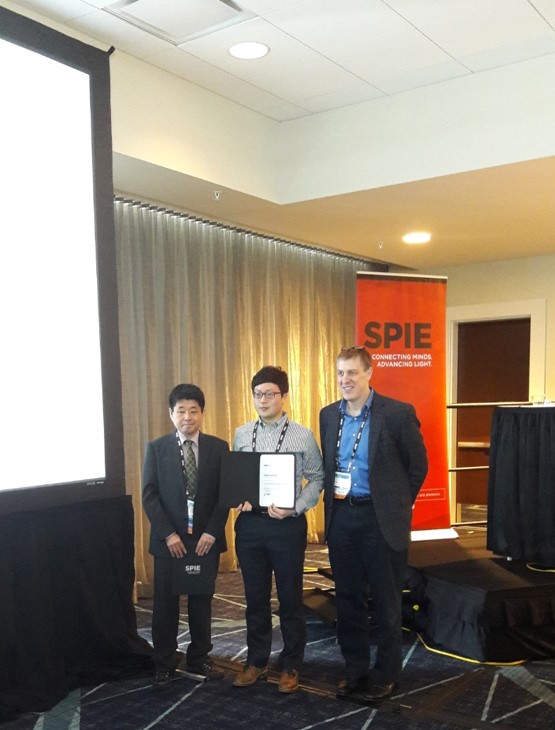
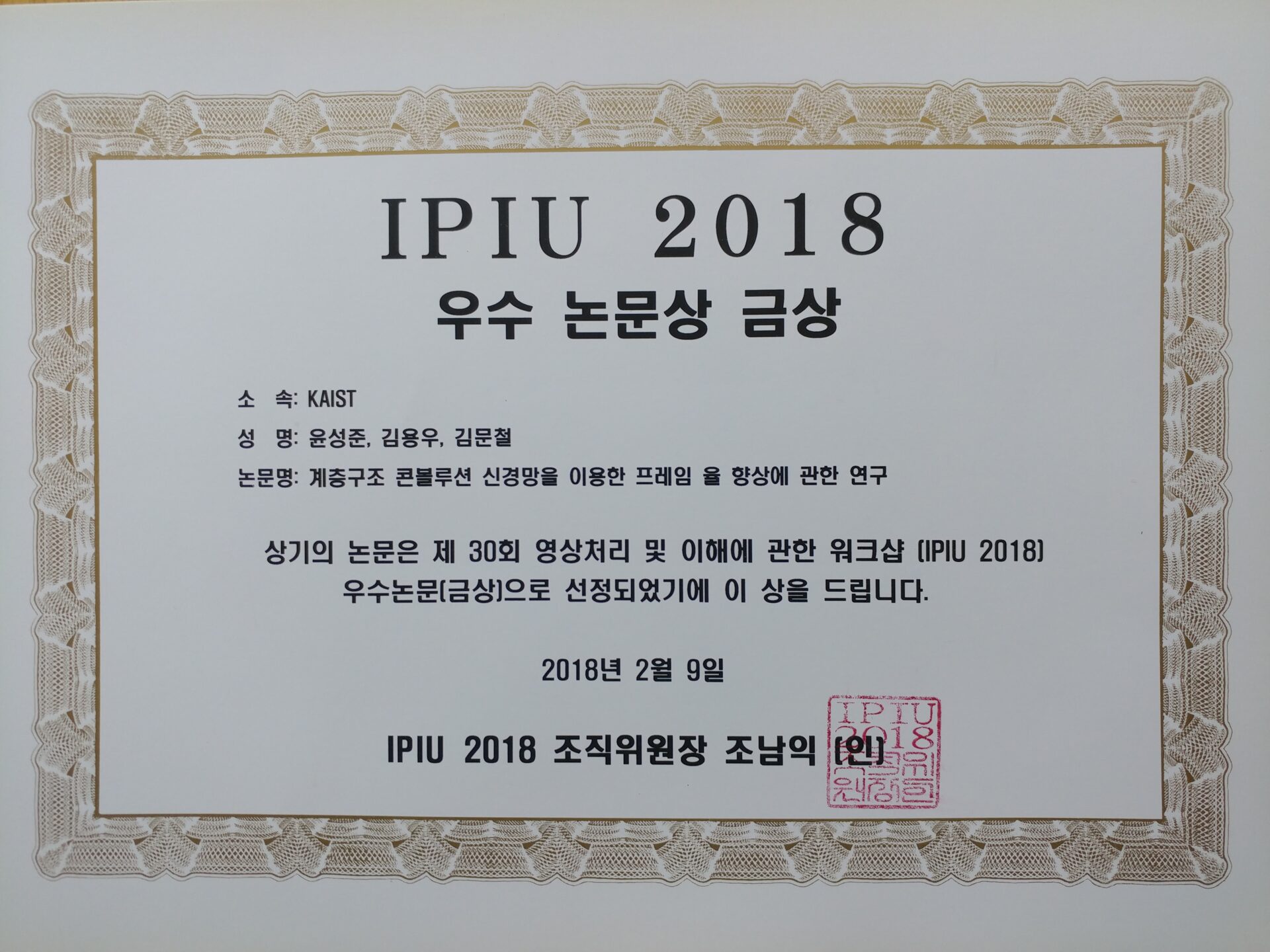
.jpg)
![연구 > 연구성과 8 [Front cover] Adv Funt Mater 28 1704725 (2018) 2](/wp-content/uploads/drupal/[Front cover] Adv_Funt_Mater_28_1704725_(2018)_2.jpg)
